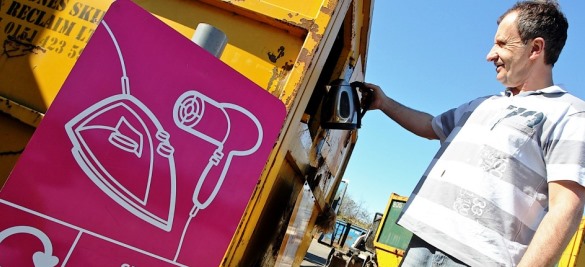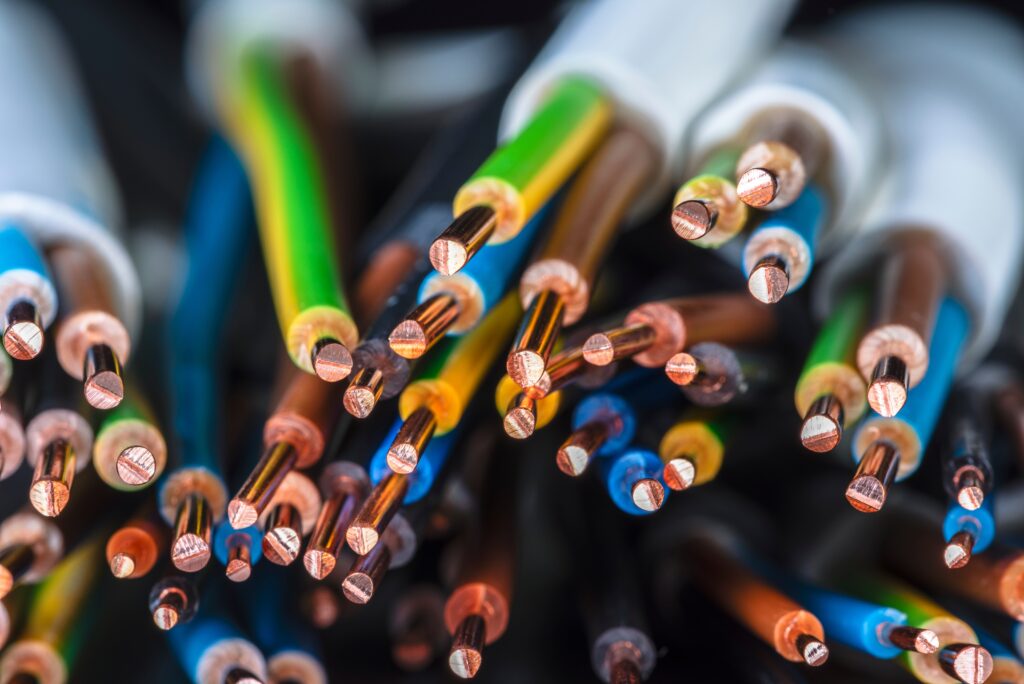Self-isolation and social distancing measures will have had a significant impact on levels of WEEE collection, Defra says. A reduction in the availability of commonly used collection points such as household waste recycling centres (HWRCs) and reduced retail footfall means WEEE collection volumes dropped significantly in the second quarter of 2020.

In guidance published today Defra said: “Although we do not yet know the extent to which these cumulative effects will impact on the volume of collections for the full year, we recognise an overall decrease in WEEE collection is highly likely.
“In recognition of this likely decrease, we expect proposals submitted for the compliance fee methodology for the 2020 compliance year to have due regard to, and take account of, the actual impacts that Covid-19 has had on collections during this compliance year.
“That said, it remains critically important that producer compliance schemes do all they possibly can to ensure that all WEEE available for collection is delivered into treatment facilities.”
Impact
In May, senior figures in the industry warned lockdown restrictions were expected to have a significant impact on the tonnages of WEEE collected in the second quarter of 2020 (see letsrecycle.com story).
Proposals for the compliance fee methodology must be submitted by 30 September to be considered and approved by the environment secretary George Eustice, Defra says.
Compliance fee
The compliance fee is an alternative mechanism used by compliance schemes and obligated business if they have insufficient recycling evidence to meet their WEEE collection targets for the year.

Targets are usually met through acquiring evidence of recycling for material collected at HWRCs.
The aim of the fee is to discourage compliance schemes from collecting significantly more WEEE than specified in their collection targets and then seeking to sell the surplus evidence to schemes looking meet their obligations.
The compliance fee mechanism for 2019 was based on a proposal submitted by the Joint Trade Association (JTA) and it was the third consecutive year in which a JTA-proposed methodology was used to determine the fee (see letsrecycle.com story).
Engagement
The news was welcomed by figures within the industry, with Robbie Staniforth, head of policy at compliance scheme Ecosurety, praising Defra for their engagement with the WEEE sector during the pandemic.

He told letsrecycle.com: “The engagement with industry from Defra during this difficult period has been excellent. We are pleased to see them incorporate feedback into the newly released guidance.
“While WEEE collections have significantly reduced due to business and recycling centre closures, it is particularly heartening to see them stress the critical importance of compliance schemes continuing to deliver as much WEEE to treatment facilities as possible.”
Proposals
However, Mr Staniforth also expressed fears about the future shape of the compliance fee.
He told letsrecycle.com: “Unfortunately, the guidance is unlikely to entice new parties to submit proposals to operate the fee.
“The complexity of the system means it would entail a significant amount of work in order to compete with the well-established proposals submitted annually.
“Having a diverse range of ideas to choose from is essential for ensuring the best possible outcome. It is difficult to see how this issue can be addressed.”








Subscribe for free